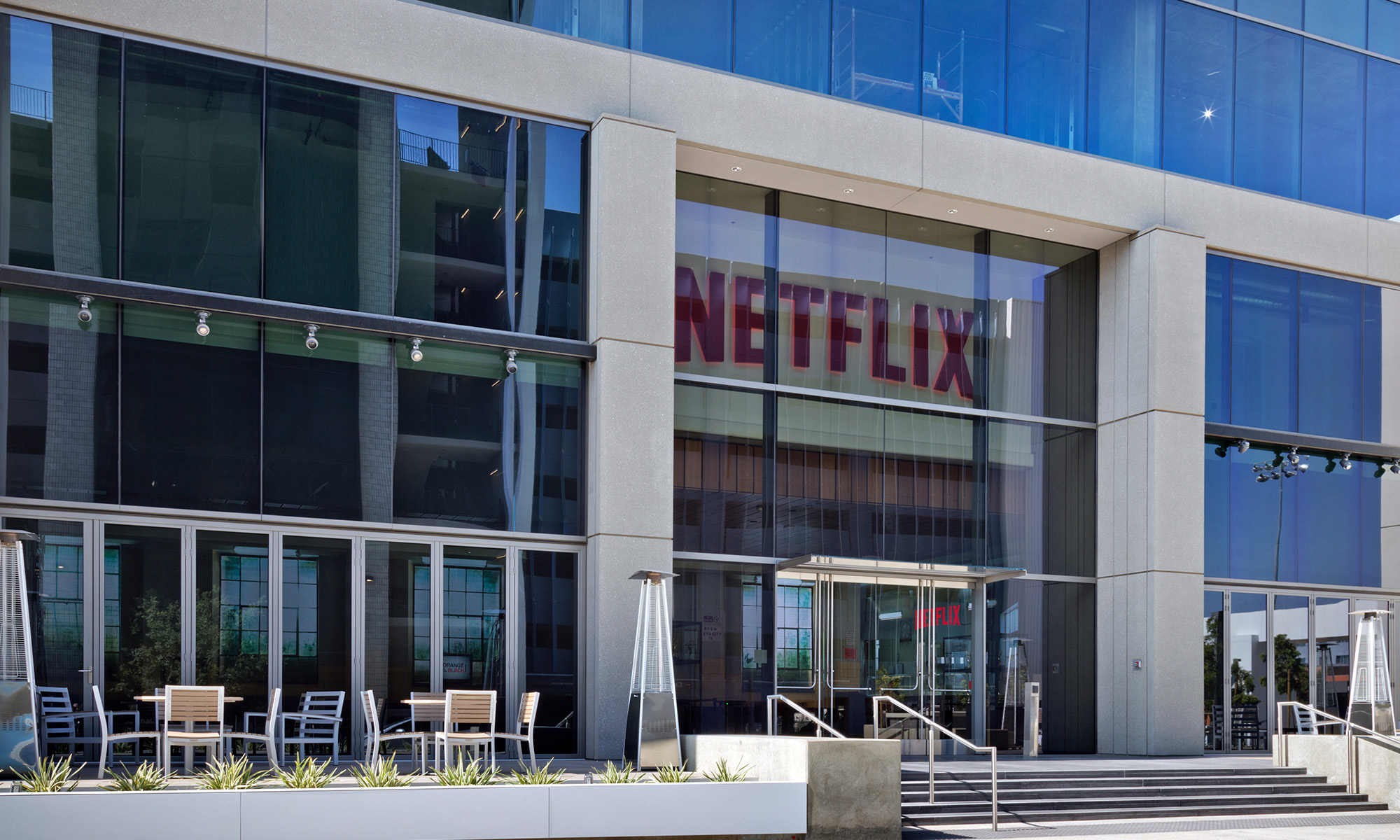Netflix (NFLX 1.65%) is far and away the leader in subscription streaming video on demand (SVOD), with over 130 million subscribers. But there's a growing number of competitors in the space, and with the stock priced for a continued long runway of growth, investors definitely need to pay attention.
And these aren't small start-ups, either. Hulu, which is backed by four television and movie media giants, and Amazon (AMZN 2.05%) have been in the game for a while. HBO is a more recent entry, and comments from the new boss over at AT&T (T +0.84%) could see it become a bigger threat. There's also Disney (DIS 1.50%), which is launching its own SVOD service next year with the hopes of including 21st Century Fox's assets as well. And now Walmart (WMT +1.54%) is reportedly interested in offering a subscription service of its own, possibly under its Vudu brand.
These are all massive companies with the potential to go head to head with Netflix's content budget and marketing spend. Should Netflix investors worry?

Image source: Getty Images.
Cool heads at Netflix
If Netflix's management is worried about competition, it sure didn't let on during the company's second-quarter earnings call. When asked directly about the threat of greater competition, CEO Reed Hastings responded:
We're not going to be able to change it. Our focus is on doing the best content we've ever done. Having the best user interface, the best recommendations, the best marketing.
Indeed, Netflix is winning on those fronts. The streaming network repeatedly comes out ahead of everyone else in surveys asking which network has the best original content. It received more Emmy nominations than HBO this year. Its recommendation algorithm keeps subscribers streaming longer and more often.
But Disney has pretty good content, too. Amazon knows a thing or two about recommendations. AT&T and Walmart have all sorts of marketing experience.
That's why Spencer Wang, VP of investor relations and corporate development chimed in and added that there's room for multiple companies to succeed. He points out Netflix is still growing in the U.S. even after HBO launched HBO Now. And as more people cut the cord, Netflix is becoming a core piece of the over-the-top (OTT) bundle people put together for themselves.
Reasons to worry
While Netflix's management presents a calm demeanor, its most recent earnings report should have investors paying closer attention. The company reported net subscriber additions well below their own projections and analysts' expectations. That's despite a massive bump in their marketing budget.
Management chalks up the marketing inefficiency to a number of factors, including the fact that it's still experimenting with the best way to allocate its additional marketing spend. But with the competition breathing down its neck, it better figure out how to spend its marketing dollars to attract new customers quickly.
Amazon notably already has a lead in India, a market Netflix has been more aggressive in this year, releasing three local originals in the country. AT&T is reportedly going to ramp up original content spending at HBO. A combined Disney and Fox would have such great content, even Hastings himself said he'll be a subscriber. And Walmart has tons of cash to spend on content, not to mention a captive audience to market it to online and in stores.
While no single competitor is a major threat to Netflix in itself, the growing number of options may actually start to have an impact on the company (if it hasn't already).










